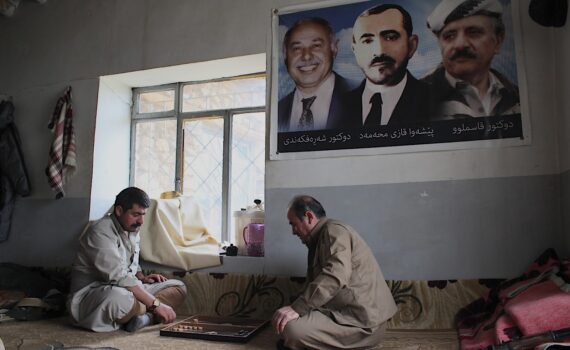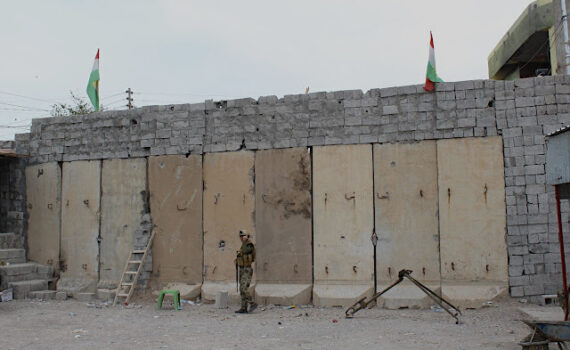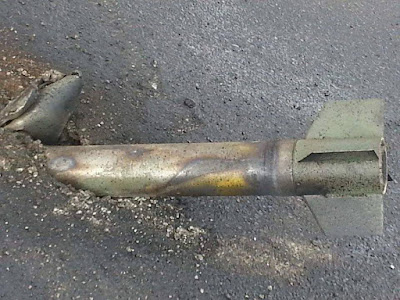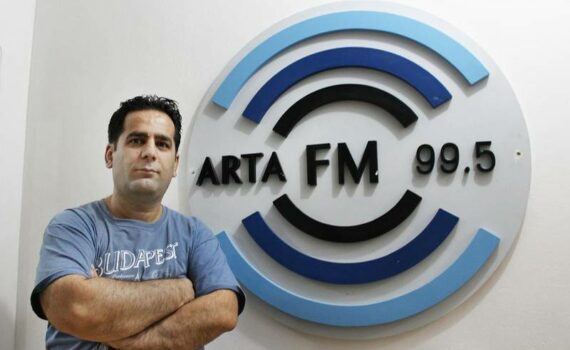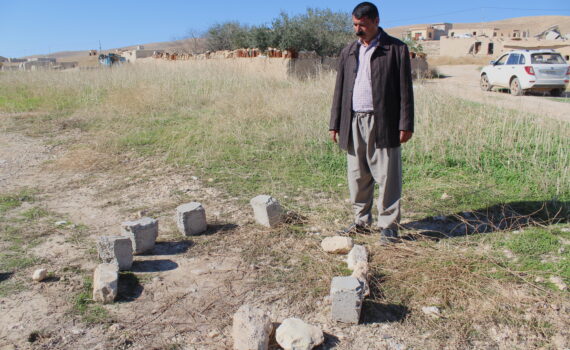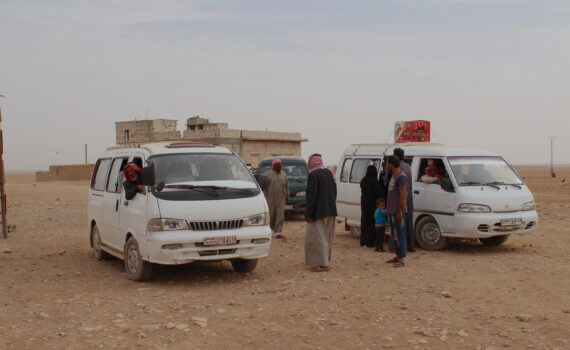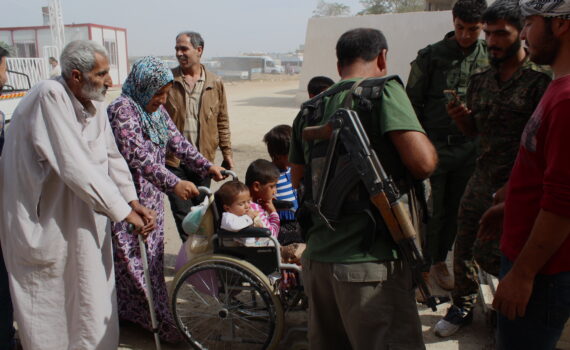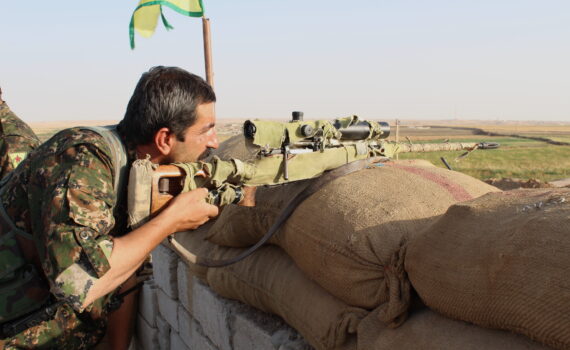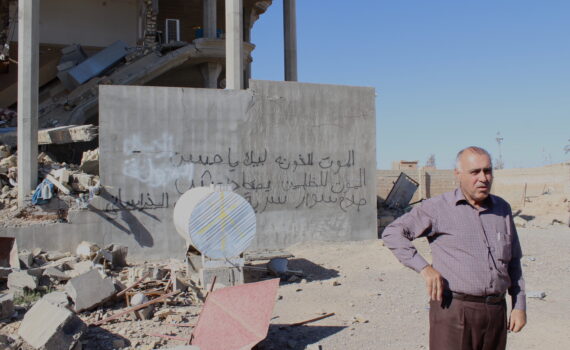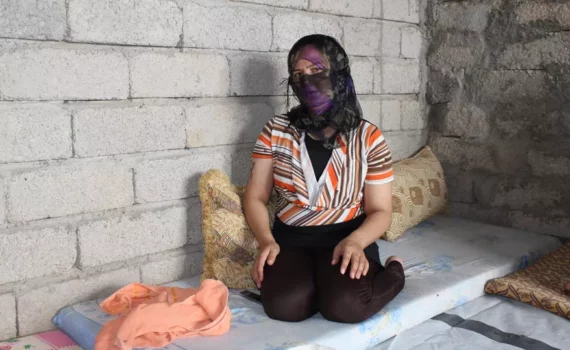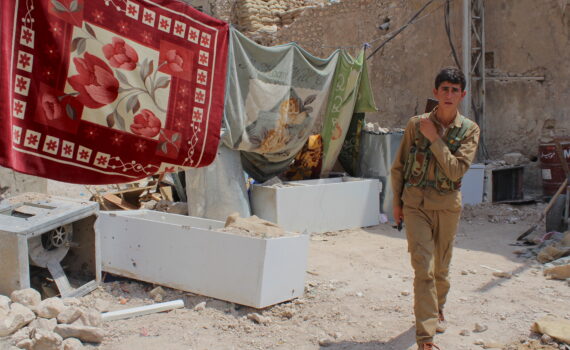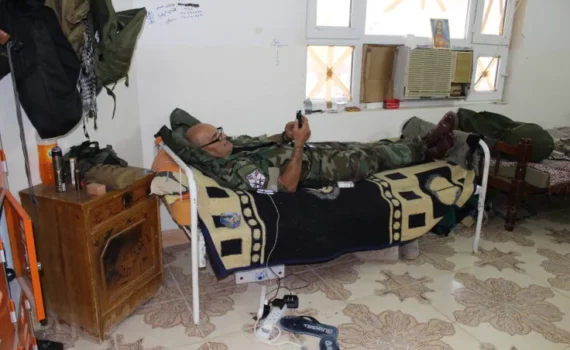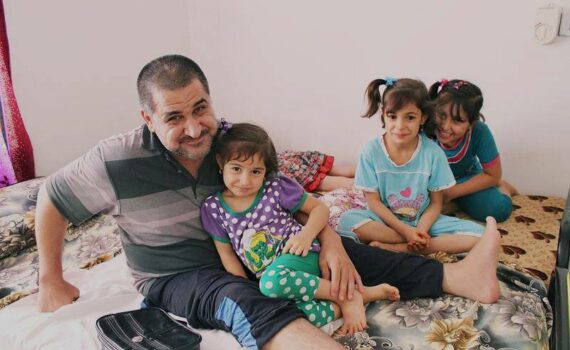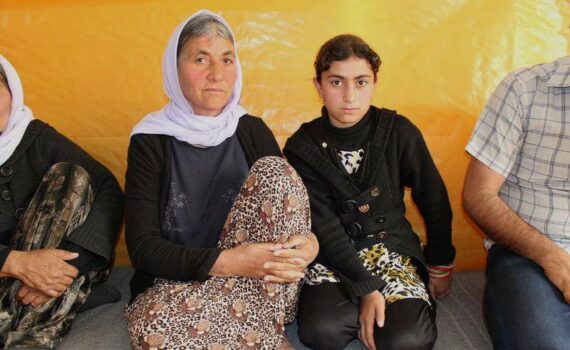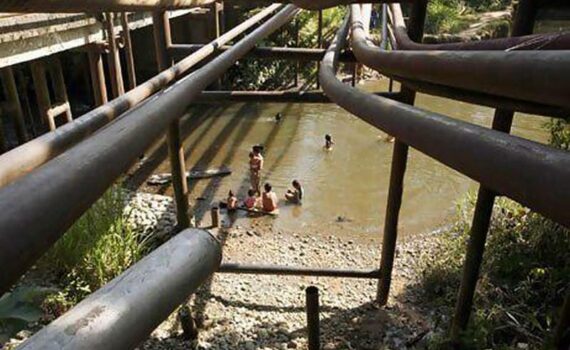Gangs of destitute Iraqis pick through dump outside Erbil as the city, once a beacon of prosperity, struggles with economic and refugee crises.
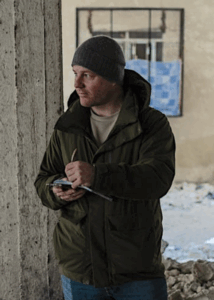
About me
I am a Berlin-based video and print journalist covering politics, crisis and conflict. An experienced field reporter, I’ve also been part of editorial teams at newspapers, magazines and in TV newsrooms.
I write in English and German, film with a Sony Alpha 7 and am able to edit video reports.
I’ve worked a TV Producer and have done documentation work for NGOs. Prior to moving into political reporting, I was as an oil and gas journalist in the UAE. I found my way into journalism as a finance and business reporter in London.
I have an undergraduate and masters degrees from one of the UK’s top universities, and got a taste for living abroad growing up in Hong Kong.
For more information, check out my LinkedIn page.
My work
In the bloody battle for Fallujah, ISIS is expelled from the city, the first major reversal for the terror group in Iraq.
With thousands of displaced families in Fallujah escaping the horrors of ISIL, the Kurdish town of Shaqlawa has seen its population swell – yet still welcomes the Sunni Arabs afraid of sectarian hatred in Iraq’s south.
While neighbouring Kurds make headlines, tensions simmer quietly in Iran as an exiled Kurdish group seeks to capitalise on growing discontent.
Many spent thousands of dollars on the perilous journey to Europe only to find themselves on a flight back to Iraq a few months later, their dreams of a better life away from war and upheaval shattered by the realities of the refugee crisis.
While both Iraq’s Kurdish fighters and Shiite militias played a key role in blunting and then reversing ISIL’s surge in Iraq, relations have been shaky from the outset.
Attacks on Sinjar highlight dangers posed by group’s homemade gas-filled weapons with Kurdish fighters ill-equipped to protect themselves.
High rates of female genital mutilation set Iraqi Kurdistan apart from the rest of the country. More than the men, it is the women who keep the cruel tradition alive. One of them has set out to change that.
The Arta FM station strives to remain impartial, and focuses its reporting not on the war, but on the everyday lives of people living in Rojava, as the autonomous region in northern Syria is known.
Mass graves and the survivors of massacres tell of the horrors inflicted on the Yazidi minority by ISIS.
With Turkey enforcing an economic blockade on Kurdish-controlled areas neighbouring the extremists’ stronghold, residents have little choice but to cross over into the relatively prosperous city.
As thousands of the country’s refugees risk their lives every day to enter Europe, Kobani’s residents are moving the other way, leaving camps in Turkey to rebuild their lives in the midst of a seemingly endless civil war.
Kurdish militias keep ISIS at bay on the plains of northern Syria. They will become a key US ally in the fight against the terror group.
The Kurds and the Shiite units have proven ISIL’s most effective opponents, but in Jalawla, the differences between the reluctant brothers in arms could not be papered over.
Thousands of Yazidi women and children were kidnapped by ISIS. A group of smugglers are taking great risks to get them back.
Months of battling ISIL in the Yazidi city has turned these fresh-face recruits into hardened warriors.
With the war on ISIS deepening the Iraq’s religious divide, thousands of Sunni Arabs moved to the autonomous Kurdish region to escape the fighting in Anbar province and a sectarian backlash in government-held areas.
For Iraq’s half a million Yazidis, ISIL’s lightning advance towards Sinjar has shattered their belief in a peaceful coexistence with the Sunni Arabs that make up the majority of Nineveh province.
In a bold approach to conservation, the president Rafael Correa is trying to save the incredible rainforests and biodiversity of Yasuni National Park from further oil exploitation, but he needs $3.6bn to do so. The ambitious compensation plan has its critics.



